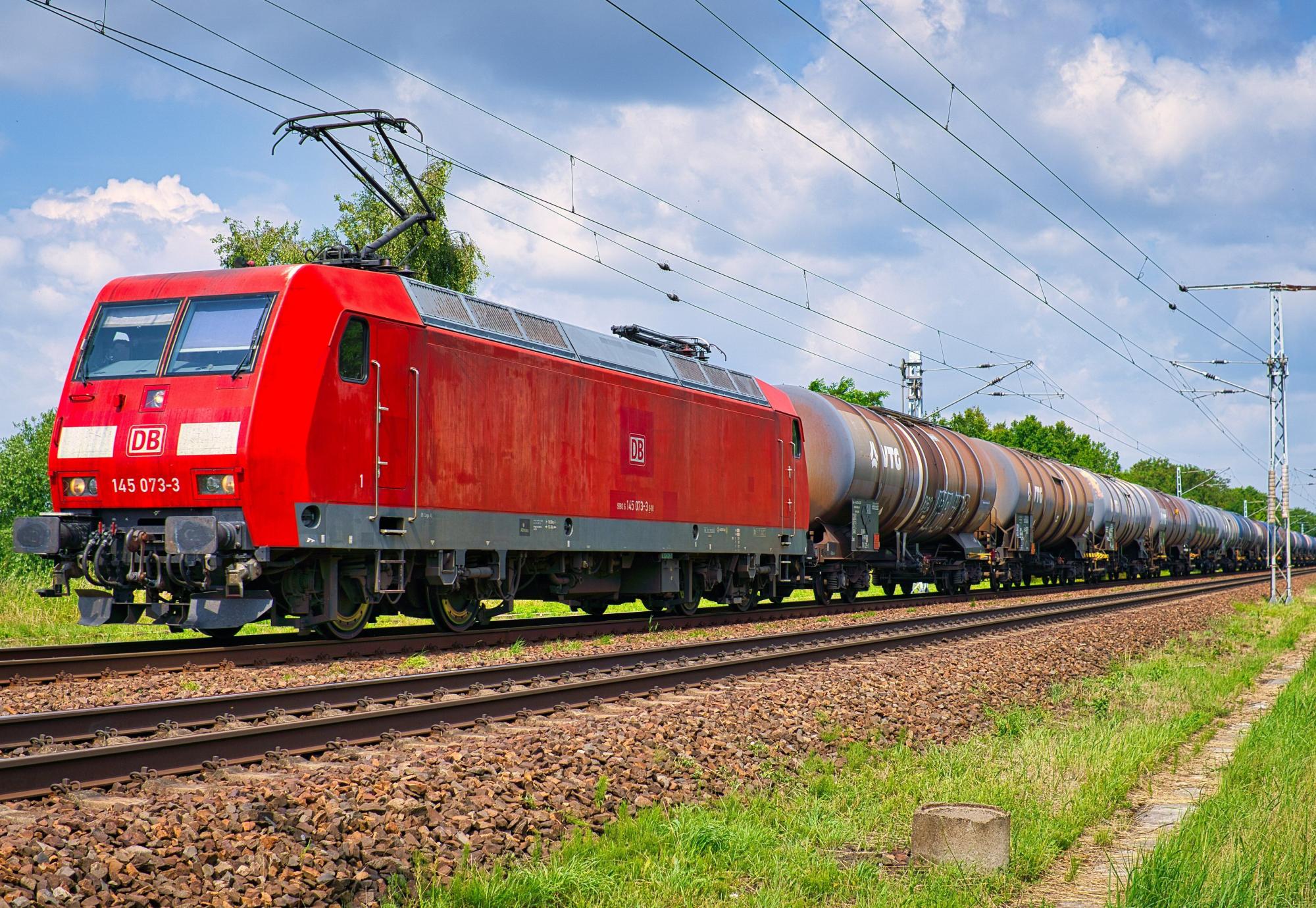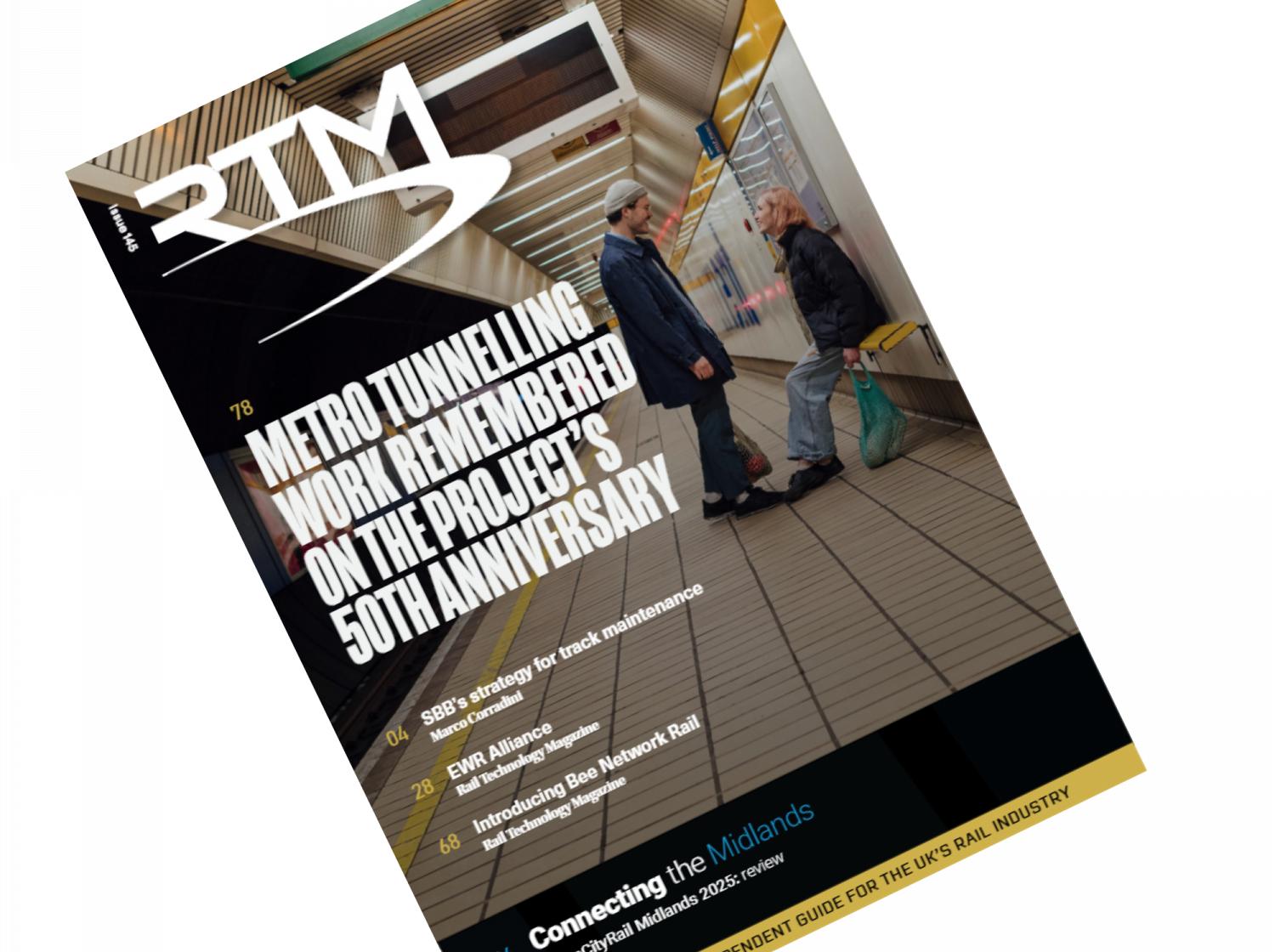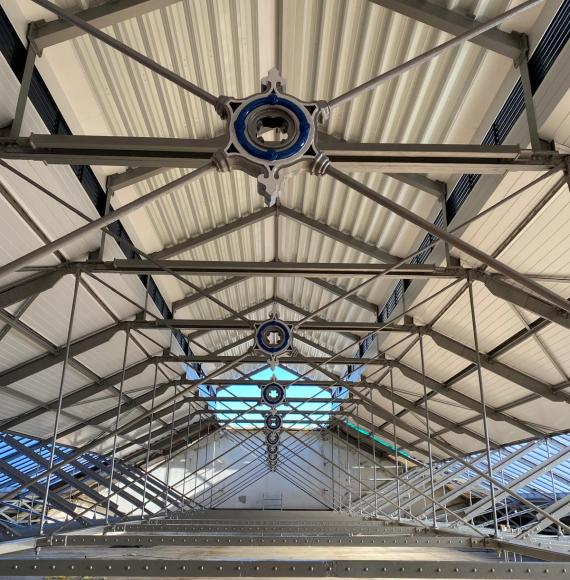The Council of the European Union has adopted its negotiating position on a new piece of legislation to create a more efficient rail infrastructure in Europe.
The legislation, which forms part of the European Commission’s ‘greening freight’ package, aims to increase the availability of infrastructure through better planning processes and achieve better cross-border coordination in the single European railway area.
The legislation will also support the deployment of digital tools to enable better capacity and traffic management.
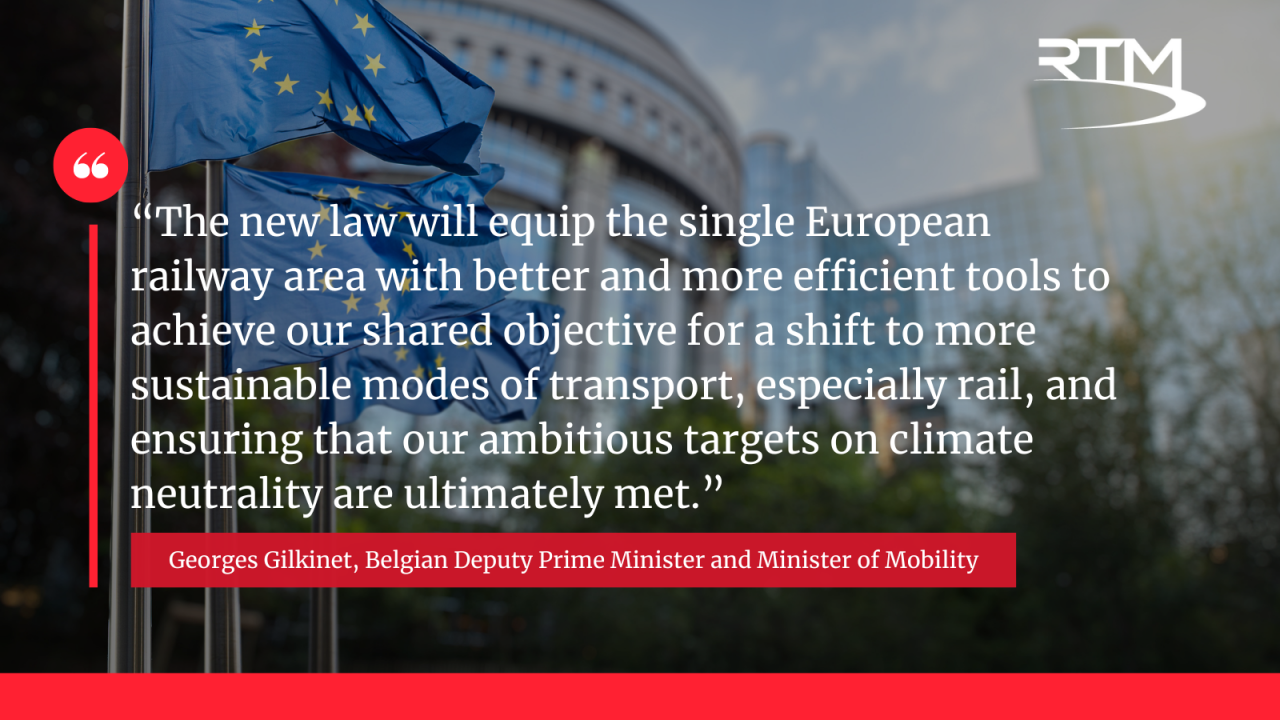
The Council has presented several ways in which the legislation will help to deliver these targets.
Through simplifying the planning and allocation process, the legislation will reduce the administrative workload for the relevant authorities and operational stakeholders.
EU member states will also be granted flexibility to define general objectives and policy orientations for rail capacity management, while ensuring harmonisation at EU level.
Mechanisms introduced in previous regulations pertaining to rail capacity management in the European Union will be repealed, which will help to reinforce coordination between member states.
Cross-border rail passenger traffic only accounts for around 10% of rail passenger traffic in the EU, although this is an ever-increasing figure. Cross-border rail freight, however, is seen to be particularly struggling to compete compared to other modes of transport.
Several rail freight unions have rebuffed the Council’s railway infrastructure capacity regulation, arguing that it will not improve cross-border rail freight services.
In a joint letter, the unions argued that the approach set out by the Council does not go far enough to achieve the objectives of better cross-border coordination, better punctuality, and ultimately attracting more freight to rail.
The letter also states that over 50% of rail freight, and almost 90% of intermodal rail freight, operates across at least one national border, with the infrastructure managed on a national basis with little coordination. The unions believe that the proposed legislation will fail to solve the issue of a “patchwork” of national networks.
The reason for this view is that the rules proposed by the European Commission are unbinding, which will lead to individual nations continuing to pursue their own approach.
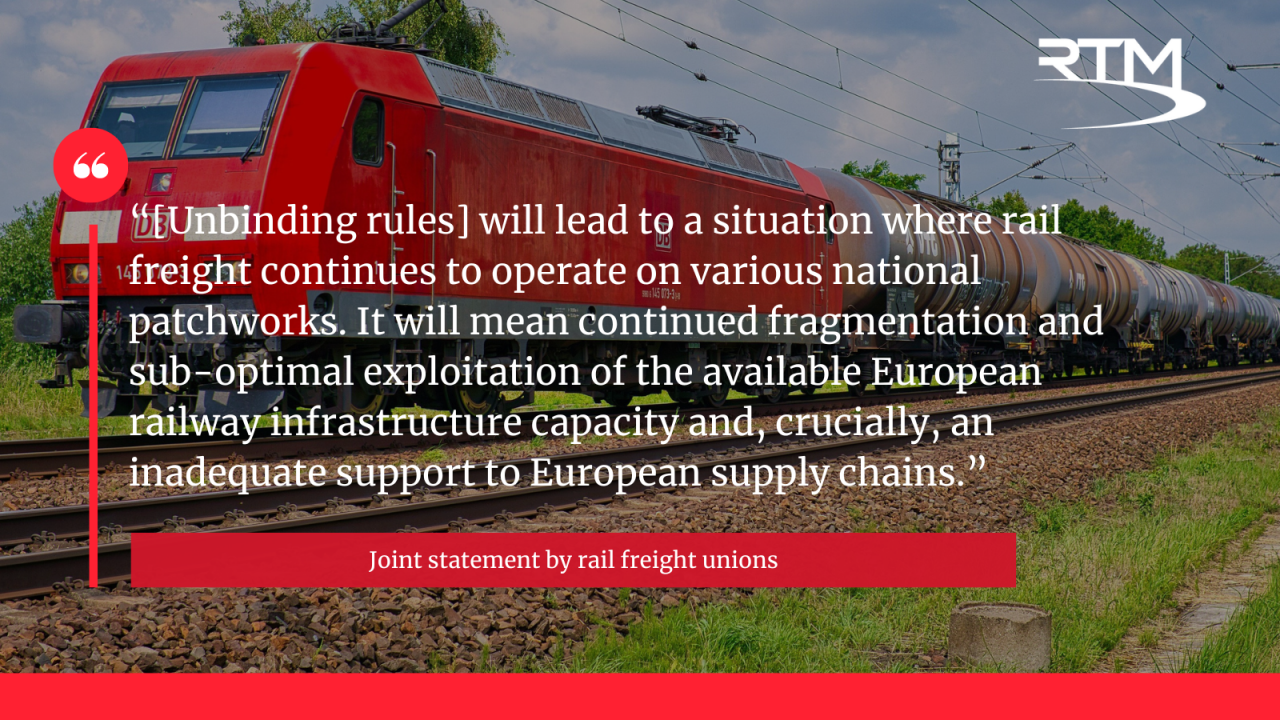
The unions argue that the regulation fails to guarantee that rail freight will become more predictable, in light of current issues such as significant delays and cancellations due to poor planning and coordination.
Furthermore, the regulation is not expected to come into force until 2029, which is viewed as a sign that policymakers have given up on the objective to achieve 50% rail freight growth by 2030.
Image credit: iStock

